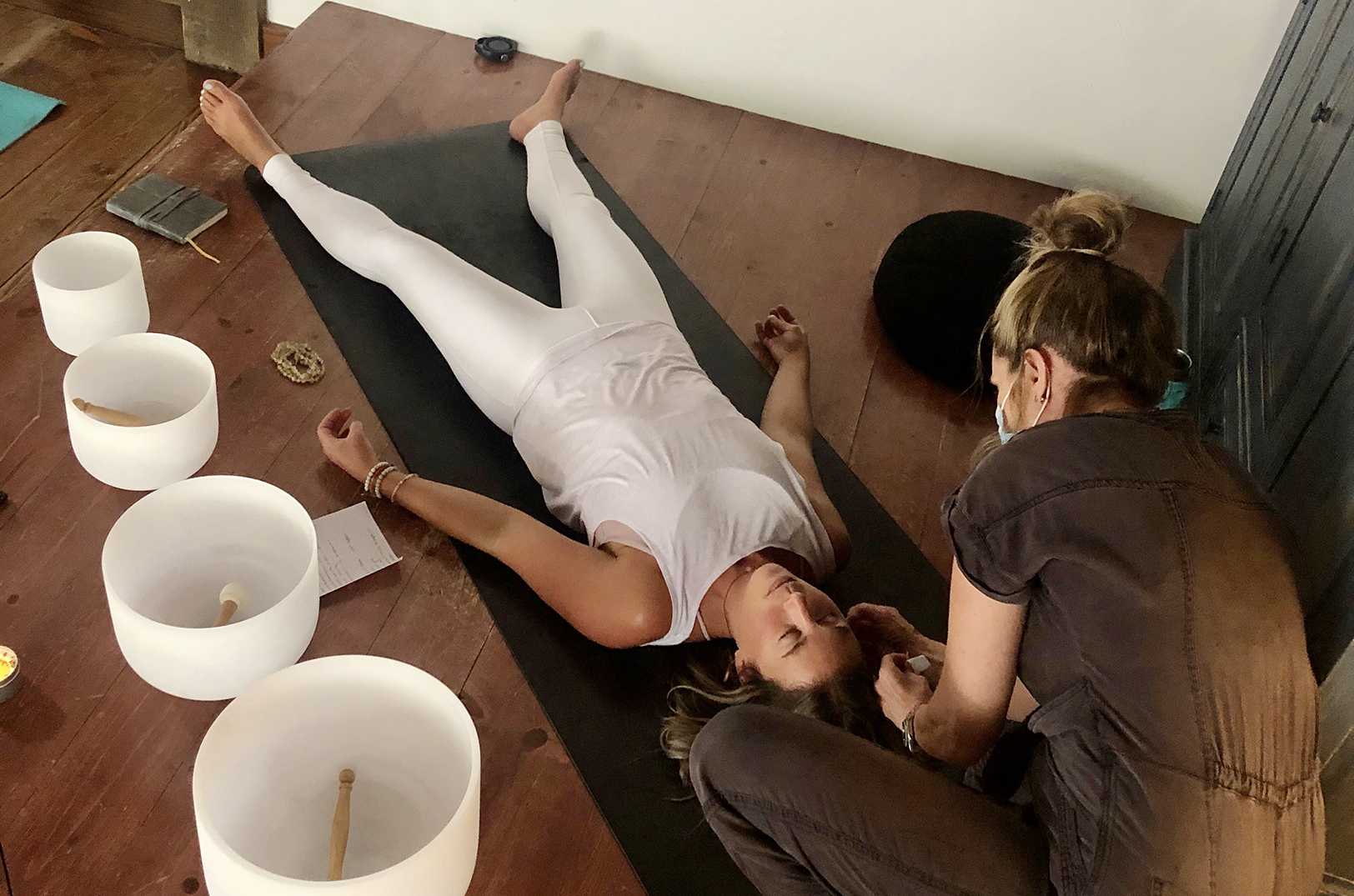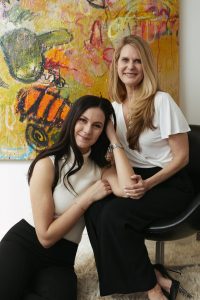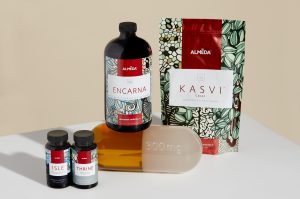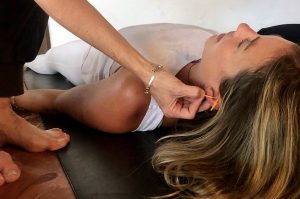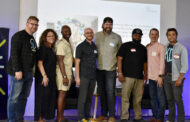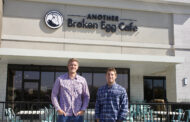Balancing health tech with holistic and Taoist perspectives keeps the most important startup element — humans — top of mind, said Stacy Tucker.
“Being in the tech space, we have these amazing advances in medical technology, yet we have gotten further and further away from humans as the real technology,” said Tucker, co-founder of Kansas City-based Almeda Labs and its spin-out Taochemy. “We are the technology — our biochemistry, our wholeness of who we are — that is what it is to be alive.”
“We have gone so far out that we are now at a point that we have to come back inside,” she added.
“Coming back inside” is the mantra that shaped the research and science behind the products and practices of Almeda Labs and Taochemy — startups led by Tucker and her daughter/co-founder Kylie Burfeind.
The idea: focus on the nervous system and supplying the body with the right nutrients to allow a person to self-regulate, rather than seek more invasive treatments.
“We are spending so much time externally – people are stressed out,” said Tucker, a certified RN and addiction specialist who left the western medicine space to pursue holistic nutrition. “And when people get stressed out, the nervous system gets out of balance and then the biochem gets out of balance as a natural byproduct. When we start getting out of balance, all of these mental symptomologies start to appear.”
An education in nursing made Tucker more comfortable moving into a different wellness environment, she said, but an underlying hunger to treat patients holistically was the real driver.
“I was raised in an environment where nutrition, a mindfulness lifestyle and a slower pace are really important,” Tucker said. “Whenever I was working in the hospital, it was really a challenge for me as I progressed in my career to know that I had a way of providing care for people that I couldn’t give to them due to orders I had to follow.”
“My personal integrity started getting in the way,” she continued. “I knew the instruction I was getting was not actually going to help this human being.”
Click here to learn more about Almeda Labs plant-based holistic nutrition systems.
Recovery tech
Citing the American diabetes epidemic as an example, Tucker said, some chronic ailments can be treated by approaching organs like muscles — supplying an abundance of amino acids to help build an organ toward recovery.
“For someone who has Type 2 diabetes or an insulin deficiency, really it’s a problem with their pancreas — so what if we give the body amino acids and see how it works? Sure enough, I started seeing dramatic results,” Tucker said, noting research professionals confirmed her work, setting the stage for further development of the treatment.
“We are now at a 99-plus-percent increase in islet cell metabolism,” she said of “clinically significant results” at the pancreatic research lab where their treatment is tested.
Almeda Labs has a patent on its amino acid blend, Burfeind said — one of five for the startup that help address a range of health issues.
“Before we went to the market, we decided we wanted to put together a whole-body holistic care plan — a suite of products that are research backed and had evident results — because someone who is struggling with Type 2 diabetes usually is struggling with other serious chronic health care problems as a symptom of the poor lifestyle,” she said.
In March, Almeda Labs officially expanded to include another wellness practice: acupuncture.
Taochemy spun out of the effort.
“The acupuncture process is called acu-detox and it is all done in the ear,” Burfeind said. “We have seen amazing results.”
“This is the really cool part,” Tucker added. “I was trained by this amazing man — a monk who worked in the mental space for decades and is an addiction specialist. … My private practice is now working with addiction and seeing how getting the right nutrients on board along with the acupuncture can allow for real results.”
Initially confined to New York City, where Burfeind is based, their acupuncture work is strictly concierge, while also featured in pop-up concepts. The treatment was teased in October during STARTLAND’s 2019 Startup Crawl KC.
Click here to learn more about Taochemy.
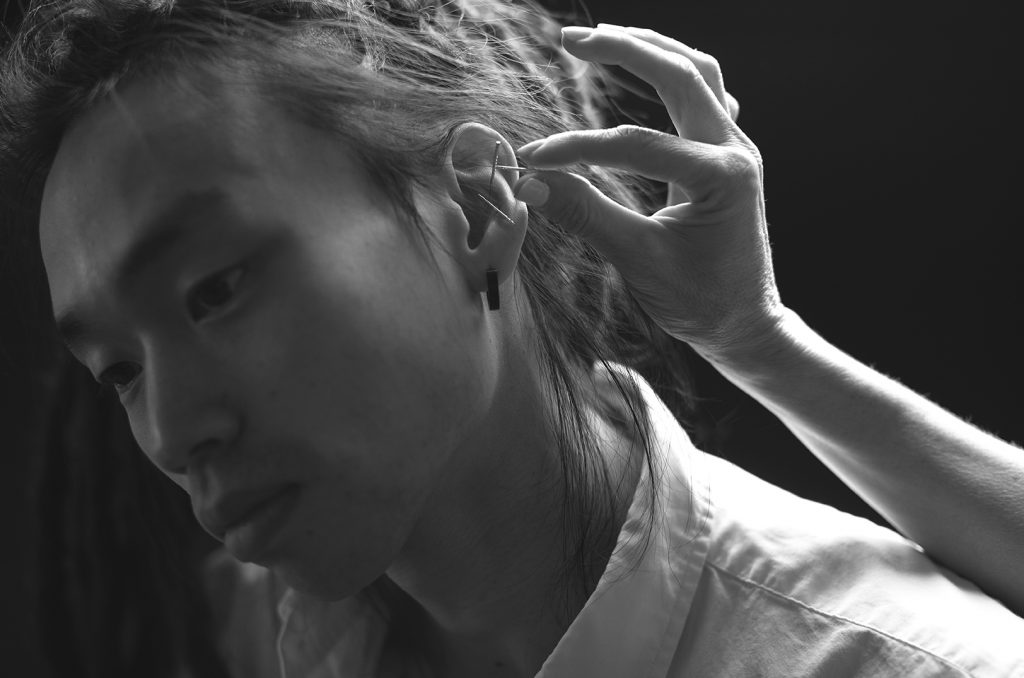
Taochemy
High-touch approach
COVID-19 hasn’t slowed Taochemy’s rollout, said Burfeind.
“It’s been great honestly,” she said. “We don’t have a traditional brick-and-mortar — because we want to meet you where you are. We will come to your home, office, or you can come to our office. We like to offer more flexibility to our customer base in New York and Kansas City.”
“We just finished a pop-up at Linwood and Gillham, and we actually hold group acupuncture classes, which is great for someone who has a little bit lower of a price point or wants to come with a friend,” Burfeind continued. “We are the first company to really do group acupuncture classes.”
As Burfeind and Tucker continue to grow Taochemy, they’ll press ahead with hands-on employees who have their own nursing backgrounds, trained in western medicine.
“It is important to us to offer that western clinical style,” Burfeind said. “A lot of the time it is a first-time thing for acupuncture and people come to us because of the credibility of a nurse taking care of them.”
The startup also hopes to offer an outlet for nurses facing a systemic burnout — common in the emergency room system where they must constantly face extreme situations, she said.
“We really take a high-touch approach,” Tucker added. “For me, it is a very family-centric and community-centric care-giving model. We are taking simple steps to create a more harmonious outcome for family units for multi-generational impact.”
This story is possible thanks to support from the Ewing Marion Kauffman Foundation, a private, nonpartisan foundation that works together with communities in education and entrepreneurship to create uncommon solutions and empower people to shape their futures and be successful.
For more information, visit www.kauffman.org and connect at www.twitter.com/kauffmanfdn and www.facebook.com/kauffmanfdn





